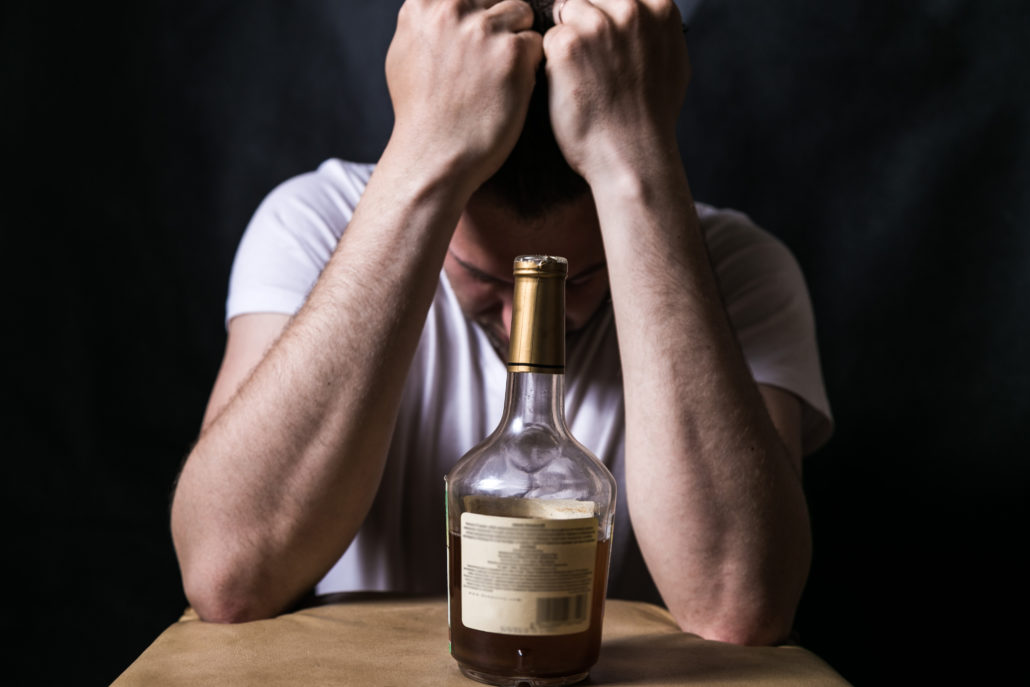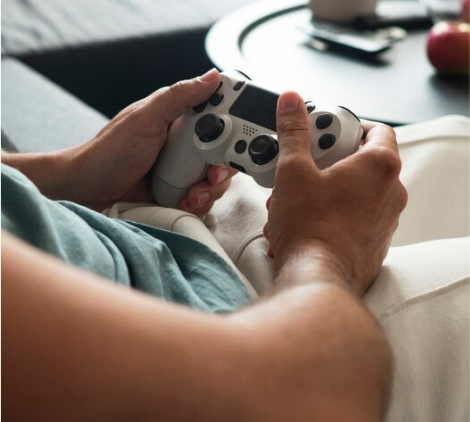What is Alcohol Blackout?
Alcohol blackout is a gap in a person’s memory for events that occurred while they were intoxicated. These gaps happen when a person drinks enough alcohol to temporarily block the transfer of memories from short-term to long-term storage (known as memory consolidation) in a brain area called the hippocampus. Binge drinking and heavy alcohol consumption are risky behaviors. It can not only lead to dangerous situations like blacking out but also long-term health issues.
Alcohol-induced blackouts can lead to impaired memory of events that transpired while intoxicated, and a drastically increased risk of injuries and other harms. They can occur in anyone who drinks alcohol, no matter their age or level of experience with drinking. A blackout is not the same as “passing out,” which means either falling asleep or losing consciousness from drinking too much. During a blackout, a person is still awake but their brain is not creating new memories. Depending on how much the person drank, it is possible to transition from having a blackout to passing out.

According to the National Institute on Alcohol Abuse and Alcoholism (NIAAA) [1], Blackouts are not necessarily a sign of alcohol use disorder, but experiencing even one is a reason for concern. It should prompt people to consider their relationship with alcohol and talk to their healthcare provider about their drinking.
Dangers of Alcohol Blackout
Research indicates that blackouts are more likely to occur when alcohol enters the bloodstream quickly, causing the BAC to rise rapidly. This is according to NIAAA [2]. Blood/Breath Alcohol Concentration (BAC) is the amount of alcohol in the bloodstream or on one’s breath. This could happen if someone drinks on an empty stomach or consumes large amounts of alcohol in a short amount of time. Because females, on average, weigh less than males and have less water in their bodies, they tend to reach higher peak BAC levels than males with each drink and do so more quickly. This helps explain why being female appears to be a risk factor for having blackouts.
Alcohol-induced blackouts, also known as alcohol-induced amnesia, occur for different reasons depending on the person and other factors. Whatever the cause or reason, blacking out from alcohol abuse is highly dangerous. Alcohol is one of the leading causes of health issues in the United States. According to the Centers for Disease Control and Prevention (CDC) [3], excessive alcohol use led to approximately 95,000 deaths and 2.8 million years of potential life lost (YPLL) each year in the United States from 2011 – 2015. Further, excessive drinking was responsible for 1 in 10 deaths among working-age adults aged 20-64 years.

The CDC [4] defines the most common form of excessive drinking as binge drinking. Binge drinking is the most common form of excessive drinking with the following measure:
- For women, 4 or more drinks during a single occasion (usually about 2 hours)
- For men, 5 or more drinks during a single occasion (usually about 2 hours)
Binge drinking is dangerous because it increases a person’s risk of experiencing alcohol-related injuries, health-related problems, and blackouts. Blacking out involves memory loss due to excessive drinking, most commonly binge drinking.
Short-Term and Long-Term Effects of Alcohol Blackout
Short-term effects from blacking out may include:
- Mental health problems, such as depression
- Physical issues from an injury
- Traumatizing personal encounter
- Sexually transmitted infection
There could be legal or financial consequences from performing illegal activities while blacked out. These issues may also occur among people who do not blackout from drinking too much because inhibitions will still be lowered, and decision-making is still impacted.
Long-term effects can occur from drinking too much regularly, but brain damage is not directly caused by blacking out. A person who drinks heavily for a long time, and may experience frequent blackouts, as a result, is more likely to experience general memory loss even if they are not under the influence of alcohol intoxication. They will have a more challenging time forming memories, including recent memories.
Types of Alcohol Blackout
There are two types of blackouts, their definitions are coming from the severity of the memory impairment.
Partial (Fragmentary) Blackouts
Partial blackouts occur when a person is drinking alcohol at rapid rates resulting in memory formation that is partially blocked. This blockage prevents the transfer of short-term memory to long-term storage, resulting in the ability to recall only some portion of the events during the time they were drinking.
Complete (En Bloc) Blackouts
Complete blackouts occur when a person is drinking alcohol in large quantities at rapid rates and has an inability to recall entire events during the time they were drinking.
How to Prevent Blackouts
If you tend to blackout often, the best way to prevent blacking out is total abstinence from alcohol. Blacking out is not a sign of having an alcohol use disorder (AUD), however, individuals who blackout are at a higher risk for developing an AUD. These blackouts due to alcohol are preventable by following a few simple tips, such as:
- Eat food before and while drinking alcohol
- Hydrate yourself with water between each alcoholic beverage
- Slow down your drinking speed (rapid consumption is a key ingredient reported by people who black out)
- Avoid drinking straight shots of liquor; consuming weaker drinks can help prevent blackouts
- Being well-rested prior to drinking can help prevent blackouts
- Be aware of the environment you are in; people who drink in new or strange environments have a naturally reduced tolerance to alcohol
- Stay away from drinking games, as these games promote rapid consumption of alcohol
- Avoid mixing alcohol with medications or any other drugs, as this increases intoxication and can produce blackouts
Alcohol Blackout and Alcohol Use Disorder
A person who occasionally experiences a blackout may sometimes binge drink. While binge drinking is dangerous, people who engage in this behavior on rare occasions are not considered to have alcohol use disorder. However, people who drink heavily on a regular basis are more likely to have alcohol use. Depression is one of the short-term effects of this condition, which may lead to alcohol abuse.

Find the Right Treatment Plan at We Level Up Florida
If you or someone you know is struggling with alcohol blackout, it is important to intervene early.
Inpatient medical detox and residential primary addiction treatment may be available at our affiliated facility at Level Up West Palm Beach Rehab. For some primary behavioral health treatment clients, medical detox and or addiction rehab may be required first. If you have a co-occurring severe substance abuse diagnosis, please contact us prior to beginning inpatient mental health therapy. Treatment services may vary. Please call us to learn which treatment options are most suited for your individual needs.
Sources
[1] NIAAA – https://www.niaaa.nih.gov/publications/brochures-and-fact-sheets/interrupted-memories-alcohol-induced-blackouts
[2] NIAAA– https://pubs.niaaa.nih.gov/publications/arh27-2/186-196.htm
[3][4] CDC – https://www.cdc.gov/alcohol/about-alcohol-use/?CDC_AAref_Val=https://www.cdc.gov/alcohol/fact-sheets/alcohol-use.htm
[5] Alcohol Blackout Harmful Signs » Drug Alcohol – We Level Up





